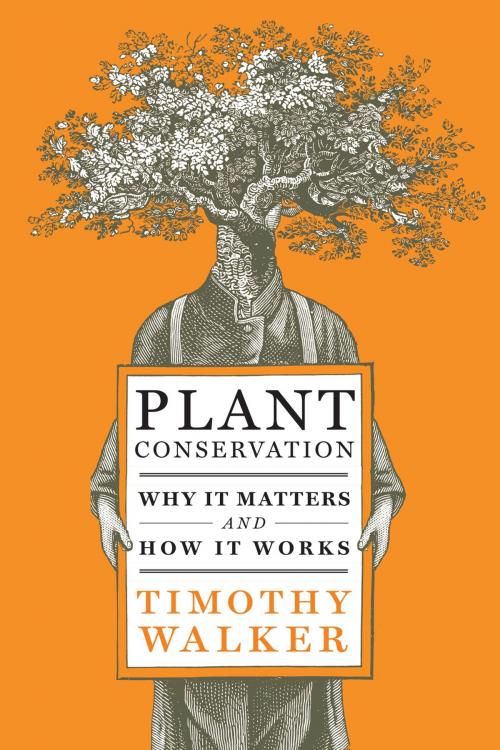Plant Conservation
Why It Matters and How It Works
Nonfiction, Home & Garden, Gardening, Reference, Science & Nature, Nature, Plant Life, Plants, Environment, Environmental Conservation & Protection| Author: | Timothy Walker | ISBN: | 9781604695694 |
| Publisher: | Timber Press | Publication: | December 3, 2013 |
| Imprint: | Timber Press | Language: | English |
| Author: | Timothy Walker |
| ISBN: | 9781604695694 |
| Publisher: | Timber Press |
| Publication: | December 3, 2013 |
| Imprint: | Timber Press |
| Language: | English |
Plants’ ability to turn sunlight into energy makes them the basis for all life; without them there is no life. And they are more than just a food source—they provide us with fuel, fibers, and pharmaceuticals.
Global warming and the destruction of natural habitats are a serious threat to many plants, and there are worldwide efforts to mitigate the disaster. Plant Conservation tackles this essential topic head on. Timothy Walker, as the director of the Oxford Botanical Garden, a leader in the field of plant conservation, plays a key role in this effort. He highlights what is happening now, from cataloging the world’s flora to conservation efforts like protecting plants from overcollecting. He also shows home gardeners how they can become involved, whether by growing their own food to decrease reliance on large agriculture or by making smart plant choices by growing natives and avoiding invasives.
Plant Conservation treats a critical topic in an accessible and optimistic way. It is required reading for students, professionals, and anyone with a keen interest in the importance of plants.
Plants’ ability to turn sunlight into energy makes them the basis for all life; without them there is no life. And they are more than just a food source—they provide us with fuel, fibers, and pharmaceuticals.
Global warming and the destruction of natural habitats are a serious threat to many plants, and there are worldwide efforts to mitigate the disaster. Plant Conservation tackles this essential topic head on. Timothy Walker, as the director of the Oxford Botanical Garden, a leader in the field of plant conservation, plays a key role in this effort. He highlights what is happening now, from cataloging the world’s flora to conservation efforts like protecting plants from overcollecting. He also shows home gardeners how they can become involved, whether by growing their own food to decrease reliance on large agriculture or by making smart plant choices by growing natives and avoiding invasives.
Plant Conservation treats a critical topic in an accessible and optimistic way. It is required reading for students, professionals, and anyone with a keen interest in the importance of plants.















